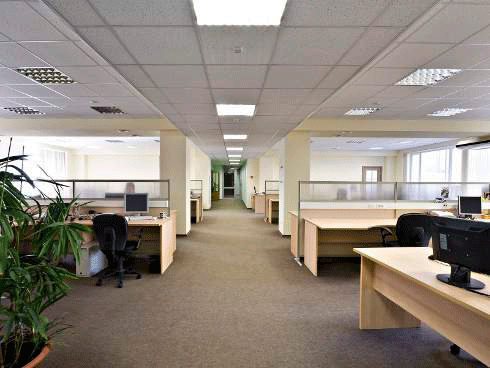
|
Published: 8 August 2011
Managers must lead sustainability push, says new report
A survey has found that Australians want more sustainable workplaces – but, they want senior managers to drive the shift to sustainability.

|
|
More than half the Australian workers surveyed wanted stronger commitment from management to sustainability in the workplace. Credit: istockphoto
|
The ‘Sustainability in the Workplace’ survey of 1043 Australians – mostly office workers – was conducted in May 2011. It aimed to help organisations gain an understanding of workplace attitudes to sustainability and how to promote positive behavioural change.
‘The survey reveals that, overwhelmingly, Australian workers believe that change needs to come from the top,’ says Director of Sustainability at Work, Ms Tania Crosbie.
The survey also found that employees believed that they engaged in more positive sustainable activities at home than at work.
‘While 77.1 per cent of those surveyed believed their environmental performance was “good” or “very good”, just 57.5 per cent believed their results at work were similar,’ says Ms Crosbie.
‘Interestingly, while people believed that they made more sustainable choices at home than at work, this didn’t mean they felt behavioural change should start with them. Of those surveyed, 54 per cent wanted better systems and 53 per cent wanted stronger commitment from management to sustainability. Visual reminders, rewards and recognition also ranked highly.’
Just one-third of those surveyed were confident their company had a sustainability policy, while only 12 per cent said their company had a sustainability induction program and sustainability reporting.
‘There is a real opportunity for organisations to leverage employee behaviour at home and inject it into the organisational culture,’ adds fellow Director of Sustainability at Work, Ms Melissa Houghton. ‘In doing so, they will close the gap between expectation and actual behaviour in the workplace.’
More than 75 per cent of Australians surveyed believed their workplace productivity was being undermined by the workplace itself. They perceived that their workspace was contributing to headaches, fatigue and eyestrain, and generally having an adverse effect on their health.
Ms Houghton says that such health problems are attributable to poor indoor environment quality in a building, which is often connected with poor environmental performance of the building itself.



